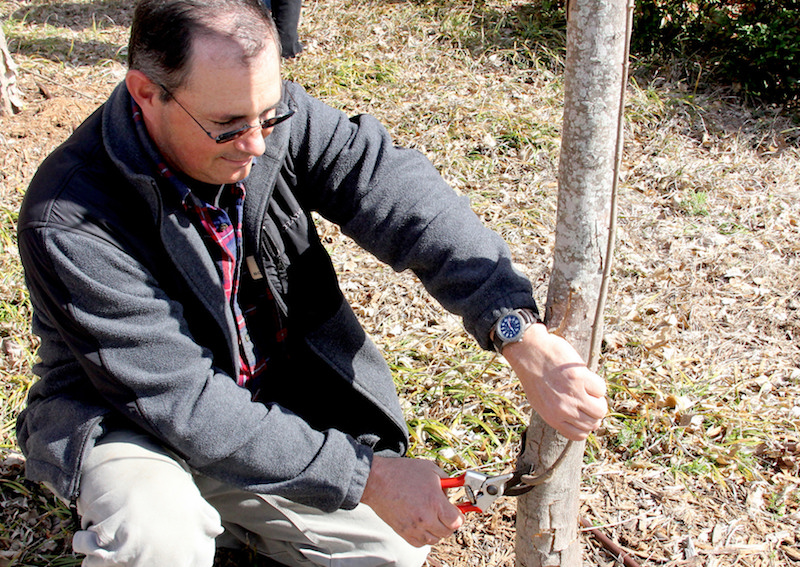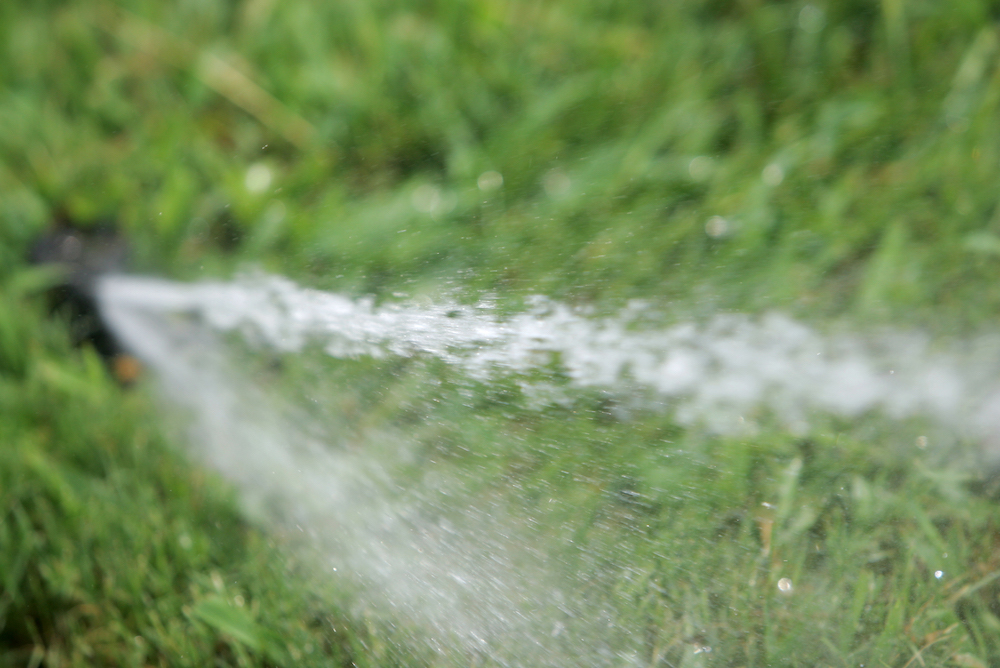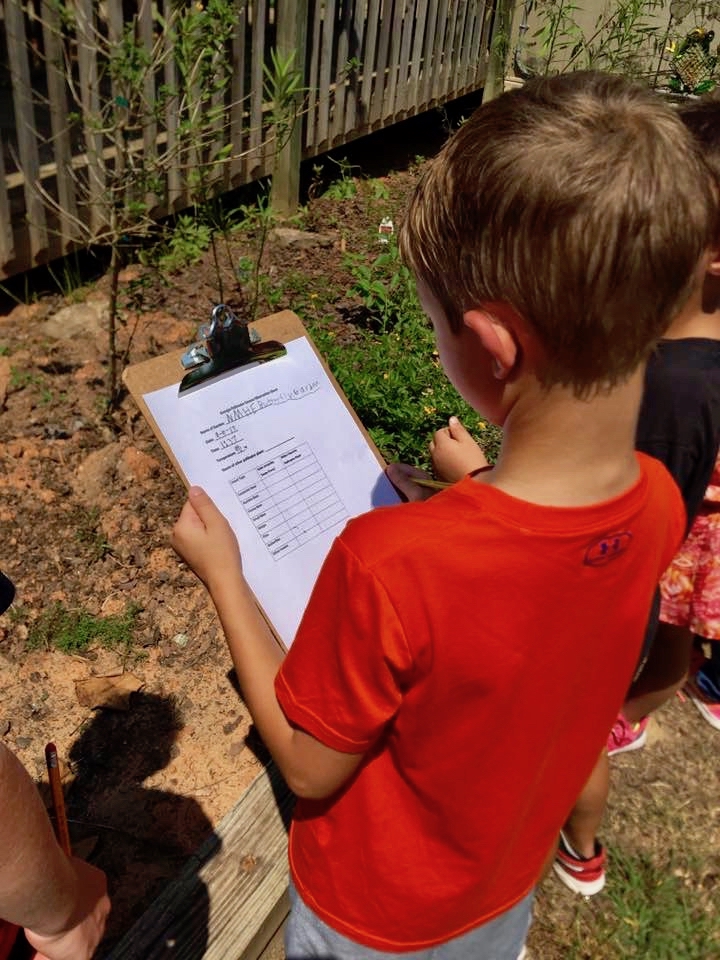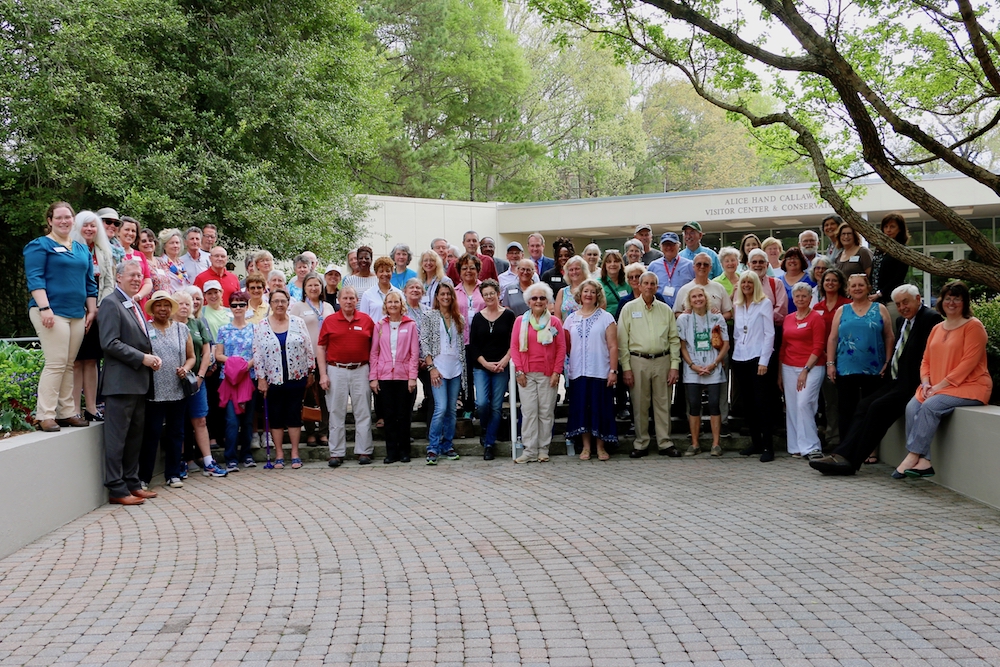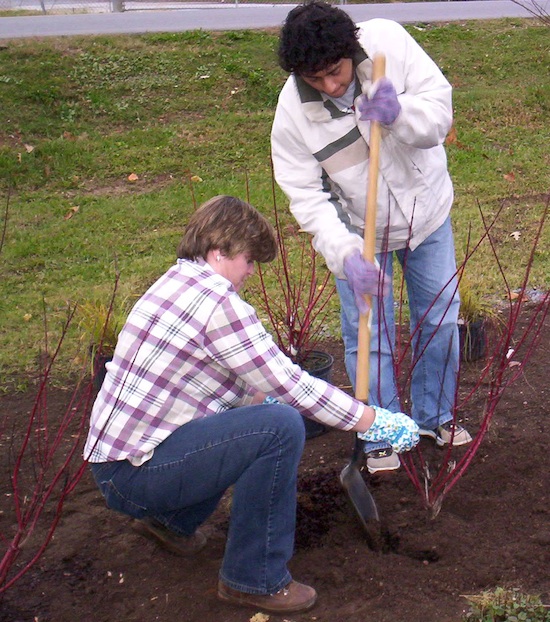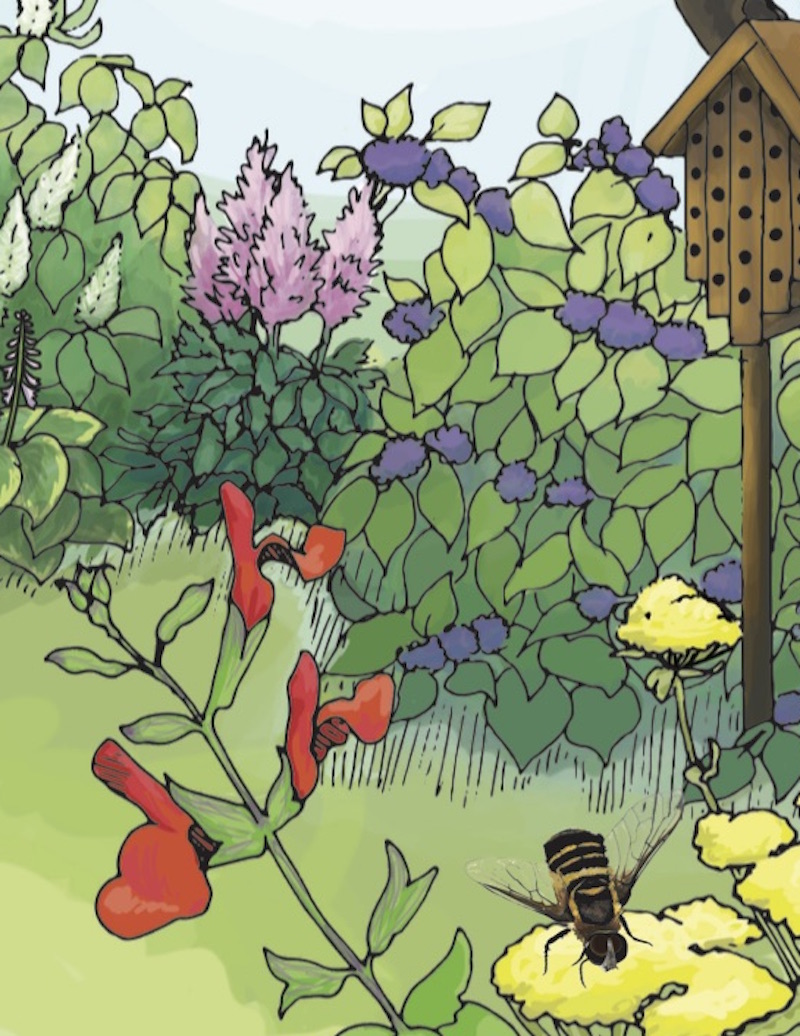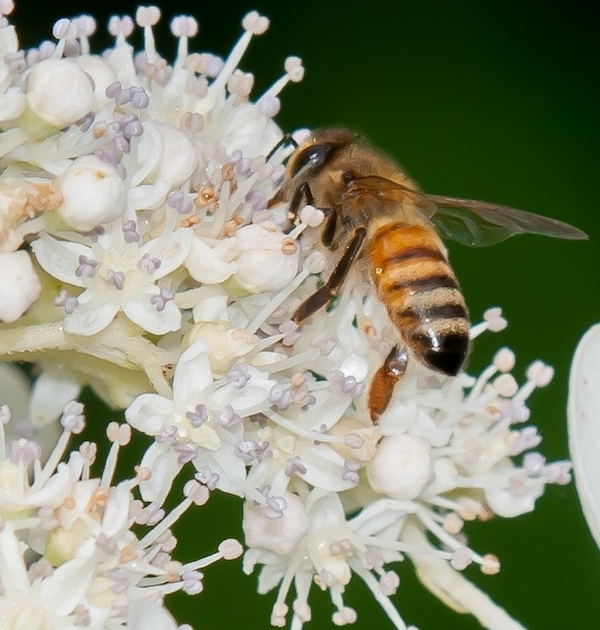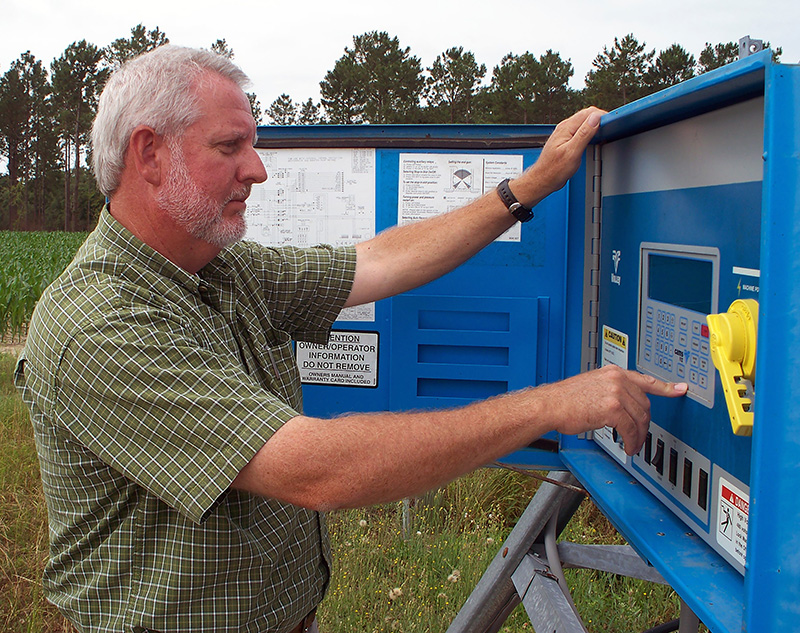 CAES News
CAES News
Saving Water
For the past three decades, Alabama, Florida and Georgia have been battling over control of water resources in what has become known as the “tri-state water wars.” Judge Paul Kelly of New Mexico, a Supreme Court-appointed expert known as a “special master,” recently ruled in favor of Georgia in the ongoing Florida vs. Georgia court case.

